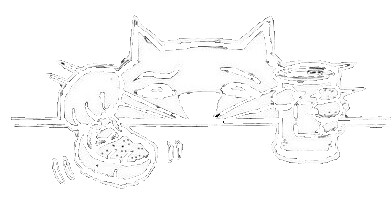KMFDM
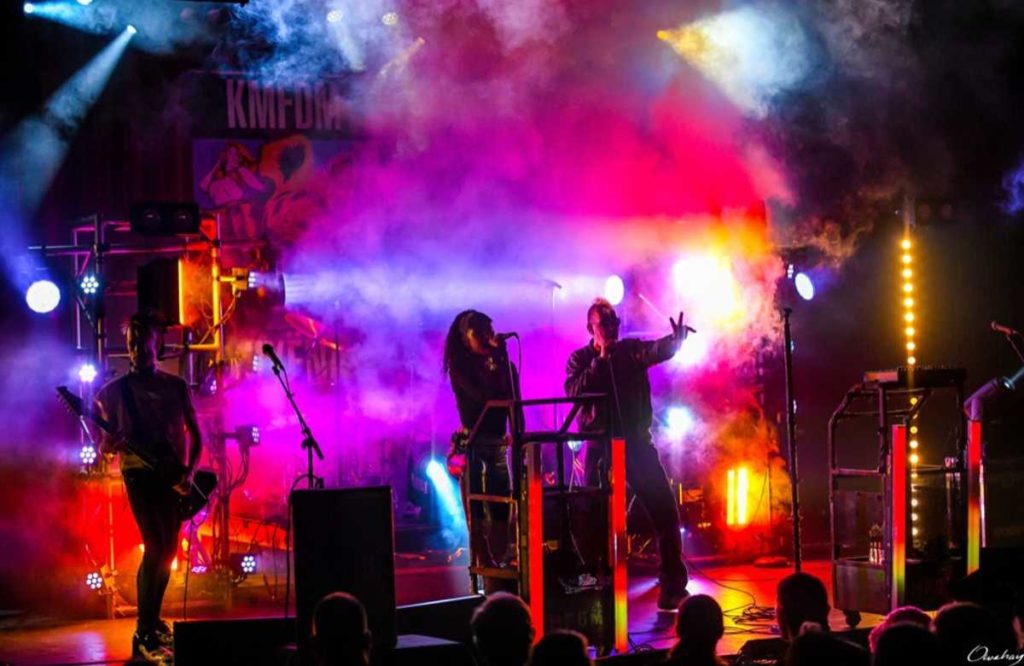
KMFDM (originally Kein Mehrheit Für Die Mitleid, loosely translated by the band as “no pity for the majority”) is a multinational industrial band from Hamburg, Germany, led by Sascha Konietzko, who founded the band in 1984 as a performance art project in Paris, France. The band’s earliest albums were recorded in Germany before they moved to the United States, where they found much greater success with seminal record label Wax Trax! out of Chicago. Throughout the 90’s KMFDM constantly evolved with a revolving door line-up, becoming a household name in the US music scene. Their 1995 hit “Juke Joint Jezebel catapulted KMFDM into the Billboard charts and got them onto many movie soundtracks, notably Bad Boys and Mortal Kombat. Bands such as Rammstein or Korn had their humble beginnings opening up on KMFDM’s tours.KMFDM took a brief hiatus in early 1999 after having recorded their 10th album for Wax Trax Records which had run afoul in the hands of TVT Records. Konietzko resurrected KMFDM in 2002 on Metropolis Records with a partially new line-up that included among others American singer Lucia Cifarelli from the band DRILL, and Tim Skold who later on joined Marilyn Manson. Releasing studio albums and touring frequently throughout the 2000’s Konietzko and Cifarelli moved back to Germany in 2008. Dozens of musicians have worked with the group across its 22 studio albums and countless singles, with sales totaling in excess of two million records worldwide. Critics consider KMFDM one of the first bands to bring industrial music to mainstream audiences, though Konietzko refers to the band’s music as “The Ultra-Heavy Beat”. The band incorporates heavy metal guitar riffs, electronic music, and both male and female vocals in its music, which encompasses a variety of styles including industrial rock , electronic body music and even reggae and dub. The band is fiercely political, with many of its lyrics taking stands against violence, war, and oppression. KMFDM is known to tour after every major release, and band members have a reputation for their accessibility to and interaction with fans, both online and at concerts.KMFDM’s latest album LET’S GO ! will be released on March 2, 2024 followed by a month-long US Tour.Website | Facebook | Instagram | Twitter
Stolen Gin
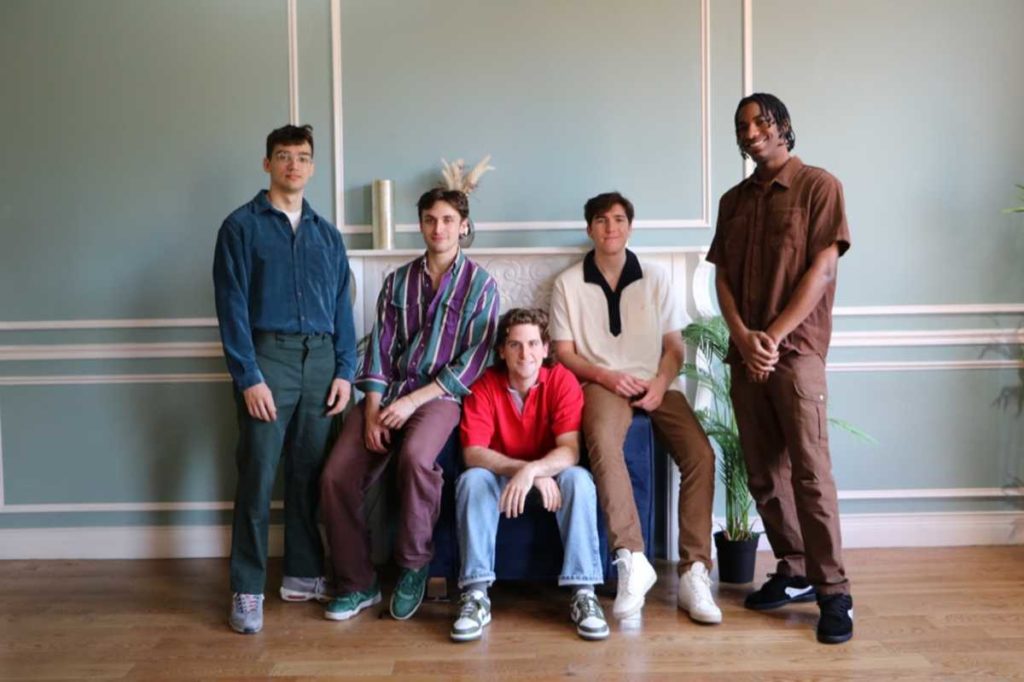
We’re Stolen Gin, a band from New York City. We’re known for our high-energy live act and avid improvisation — we never play songs the same way twice. We met as students at New York University, and first came together playing college parties on NYC rooftops. Our goal then was the same as it is now: to make every gig feel like a party, and to keep people dancing. – Jackson, Evan, Will, Josh and Sawyer Website | Instagram | Facebook | Spotify | YouTube | TikTok
AJ Lee & Blue Summit

AJ Lee and Blue Summit made their first appearance in Santa Cruz in 2015. Led by singer, songwriter, and mandolinist, AJ Lee, the bluegrass band has performed all over the world, but finds home in California’s Bay Area. The latest full length project, I’ll Come Back, debuted August 2021 – with national touring in support of the record ongoing. Although falling loosely under the bluegrass label, AJLBS generally plays sans banjo, with Sullivan Tuttle and Scott Gates on steel stringed acoustic guitars, AJ on mandolin, Jan Purat on fiddle, and Chad Bowen on upright bass – a configuration effectively used to create unique space and texture in the arrangements not as commonly found in the music of their peers. Drawing from influences such as country, soul, swing, rock, and jam music, the band uses the lens of bluegrass as a vessel through which to express and explore the thread that binds and unifies all great music.Website | Instagram | Twitter | Facebook | YouTube | TikTok
24th Annual Bob Marley Birthday Bash!

The 24th Annual Bob Marley Birthday Bash returns with Mickey Mills & Steel, Jamrock, Zion Project and DJ Ras J. Celebrate the music and message of reggae superstar Bob Marley and bask in the positive energy and natural healing power of live reggae music. Jamaican food and local vendors will also be on hand for this uplifting show, produced by Steel Productions. ☆ Mickey Mills & SteelA pioneer of the reggae scene in North Carolina for decades, Mickey Mills is a talented singer, keyboardist, and songwriter once called “the fastest steel drum soloist on earth.” Born and raised in Trinidad, he first started playing steel drums at the age of 12. During his long career, he has worked with legendary artists such as The Rolling Stones, Johnny Mathis, and Mighty Sparrow. He has performed in the off-Broadway show “House of Flowers,” on the television show Matlock on NBC, and is no stranger to such prestigious venues as The Village Gate and Madison Square Garden. Mickey, who cites Bob Marley as one of his major influences, also works in schools conducting workshops with young people across the country as a music educator with his “Island In The Sun” and “Steel-A-Rama” cultural programs. ☆ Jamrock Reggae BandFounded in 1995, this energetic band is a Bob Marley Birthday Bash regular, and one of the most active reggae groups in North Carolina. The group’s success can be attributed to their sound, which reflects the authentic style of how reggae music is played live in Jamaica. With a strong emphasis on entertainment and musicianship, Jamrock has shared the stage with the top names in reggae including Keith Poppin, the Meditations, Donovan Carless, and more. Catch them every summer at the Cary Starlight series! ☆ Zion ProjectCovering a vast expanse of musical knowledge reaching from Seattle to Washington, DC, the Zion Project has shared the stage with such reggae royalty as Toots and the Maytals, The Wailers, The Abyssinians, and The Itals. Based in Asheville, NC, the Zion Project was formed through the collective consciousness of Rastafari, combining roots rhythms with soul and jazz influences and an uplifting message. Over the years, the Zion Project has developed a unique style of heavy roots, harmonized vocals, and upbeat songs, bursting with energy. ☆ DJ Ras JWith over 25 years on the decks and a deep collection of rare Jamaican 45s, Ras J has performed at sold-out shows alongside reggae legends such as Lee “Scratch” Perry, Toots & the Maytals, & the Wailers, and performed at festivals up & down the East Coast. A former roadie for dancehall icon Super Cat, his “Simmer Down” roots reggae events helped usher in the current worldwide vinyl resurgence. In 2020, Ras J made his first movie cameo in “The Herb Train” on Amazon Prime. His live dub mixes and creative, high-energy vinyl sets explore the boundaries and connections of reggae music and beyond. Facebook | Instagram
The Salt Collective
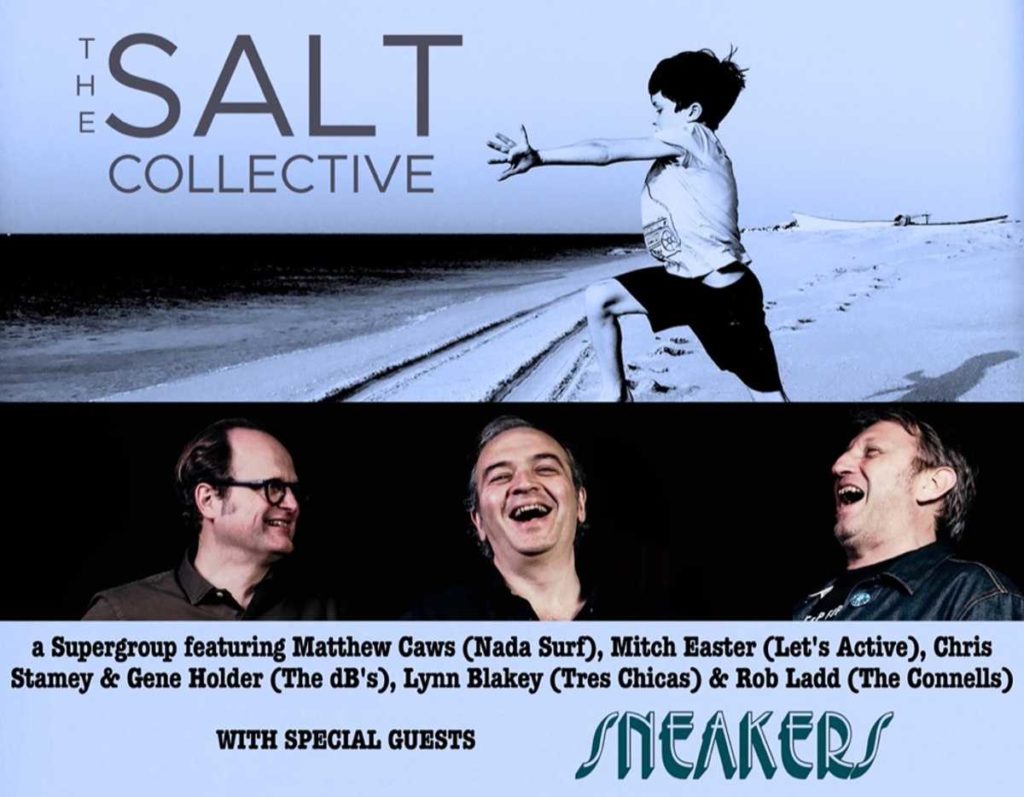
A Supergroup featuring Matthew Caws (Nada Surf), Mitch Easter (Let’s Active), Chris Stamey (The dB’s), Lynn Blakey (Tres Chicas), & Rob Ladd (The Connells). Salt is a Paris-based collaborative music project led by French guitarist and songwriter Stéphane Schück. Around a core group formed in the 80s with Benoit Lautridou (drums) and Fred Quentin (bass), Salt offers songs based on guitars and melodies. The first collaboration goes back to the year 2000 when Stéphane Schück and Scott Miller (Game Theory / Loud Family) met in San Francisco. From this luminous meeting with one of his idols will be born several projects including the common writing of a dozen tracks, 4 of which will be found on the posthumous album of Game Theory, supercalifragile. In 2016, during recording sessions for this album at Abbey Road Studios in London, Stéphane Schück met Anton Barbeau and Ken Stringfellow who would be associated with Salt’s debut album “The Loneliness of Clouds”. Released in 2019, the album contains 10 tracks, summarizing the common influences of members, from the Beatles to XTC, the dB’s, REM and Game Theory.The album received good reviews in the press: In a Power Popaholic review, SALT was called “a power pop supergroup that skipped under the radar”. Kopp suggested: “Now add a previously unknown quantity: Schück’s high quality songwriting. The result is a must-have for fans of the better-known musicians. Somehow quirky and straightforward at once”. The Big Takeover’s Michael Toland recommended the band to “aficionados of guitar-based melody and singalong choruses”, adding that “songwriters Schück and Barbeau are plainly incapable of penning anything that doesn’t have hooks” Toland described SALT’s debut album as “a bucket of the kind of catchy, slightly psychedelic power pop you’d expect from these folks… ” Babysue wrote, “With a lineup like this… you can bet there’s no way things couldn’t sound rather fantastic.” Pointing to XTC, Game Theory, and The Beatles as the group’s main influences”, the reviewer added: “Perhaps most surprising is that many of these songs remind us very much of Split Enz (a band whose music we have always admired). Schuck’s songs have smooth hummable melodies and cool subtle hooks. Barbeau’s vocals sound fantastic (as always)… The Loneliness of Clouds possesses everything that’s good about modern underground pop”. Wikipedia | Bandcamp | Twitter | Facebook | Spotify | YouTubeBefore The dB’s and Let’s Active, There Was Sneakers!Chris Stamey and Mitch Easter, two icons of indie pop, began to explore recording techniques in Winston-Salem, NC, during their youth. In 1976, Sneakers (including Chris & Mitch, with future dB’s drummer Will Rigby alongside bassist Robert Keely and guitarist Rob Slater), released a six-song EP on Stamey’s own Carnivorous Records, one of the first American “indie” releases of the punk era. The sessions were engineered by Don Dixon, who would eventually produce bands like R.E.M. (with Easter) and The Smithereens. The second Sneakers record, In the Red, found the band as a duo. Stamey & Rigby would go on to form The dB’s and Easter would reappear in Let’s Active—but the Sneakers recordings remain vital in not only independent record history, but music in general. Don’t miss this extremely rare outing by Mitch and Chris, assisted by Rob Ladd, performing these seminal tunes!
Monadi
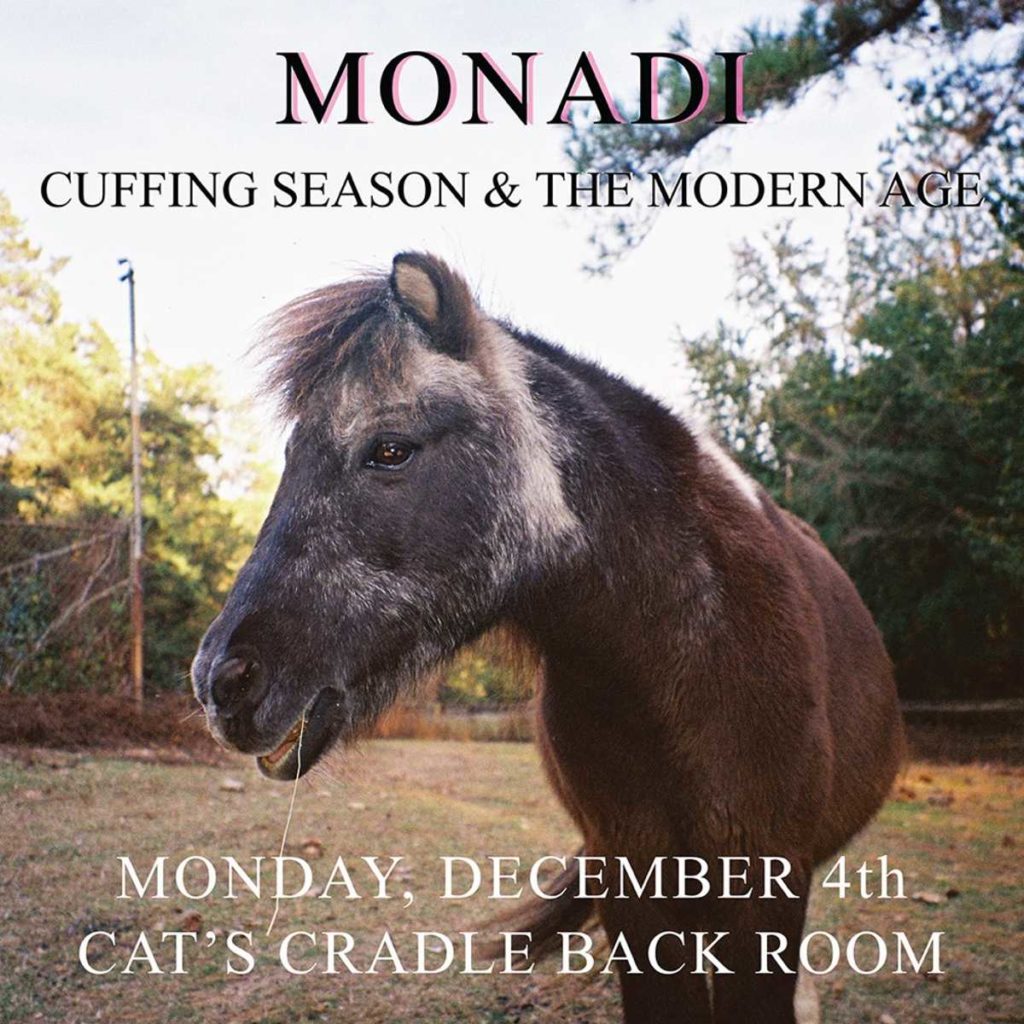
Monadi: Instagram | SpotifyThe Modern Age: Instagram
The Wldlfe
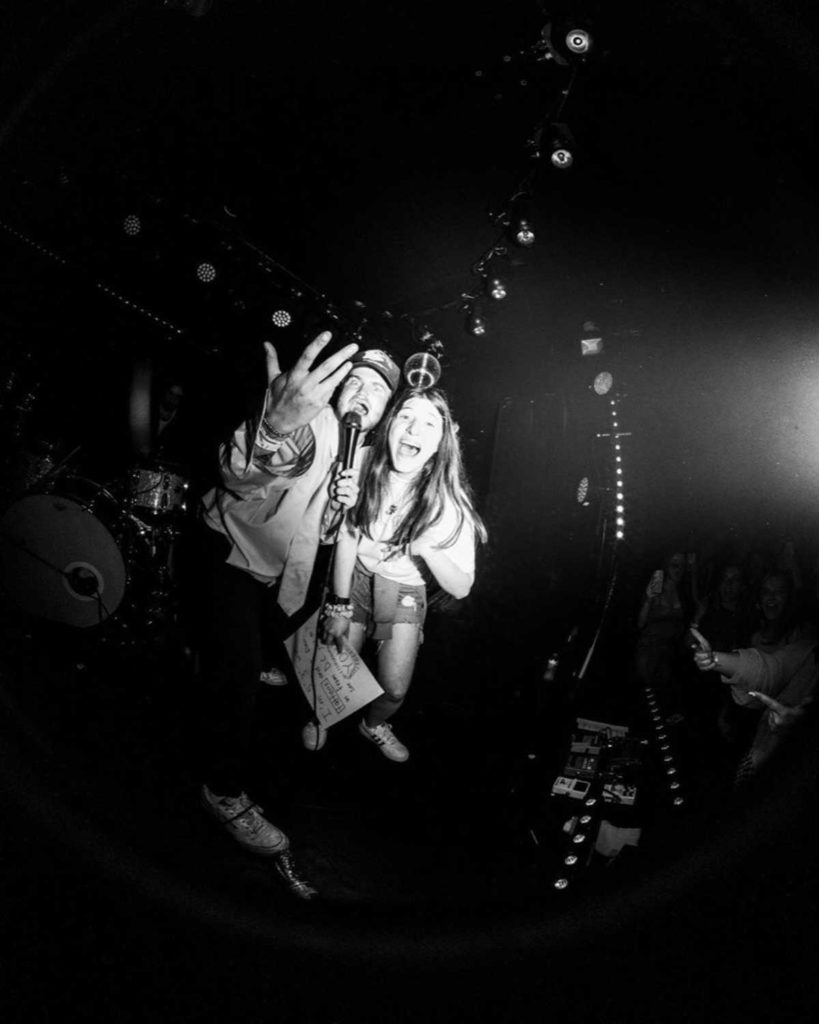
Jansen Hogan, Carson Hogan, & Jack Crane – who comprise The Wldlfe – have been creating music since the band’s inception in 2016 with the release of their first EP, New, 2016, which included mass hits “Waterfalls” and “Somebody’s Gonna Love You.” Since then, the band has released multiple projects, including their 2023 debut album, “Goodbye To All Of That,” amassing over 60 million combined global streams across their discography. Their electrifying live shows have garnered a remarkable fan base, selling out their first major market headline tour in 2023.Website | Instagram | Twitter | Facebook | Soundcloud
Sam Burchfield & The Scoundrels and Tophouse
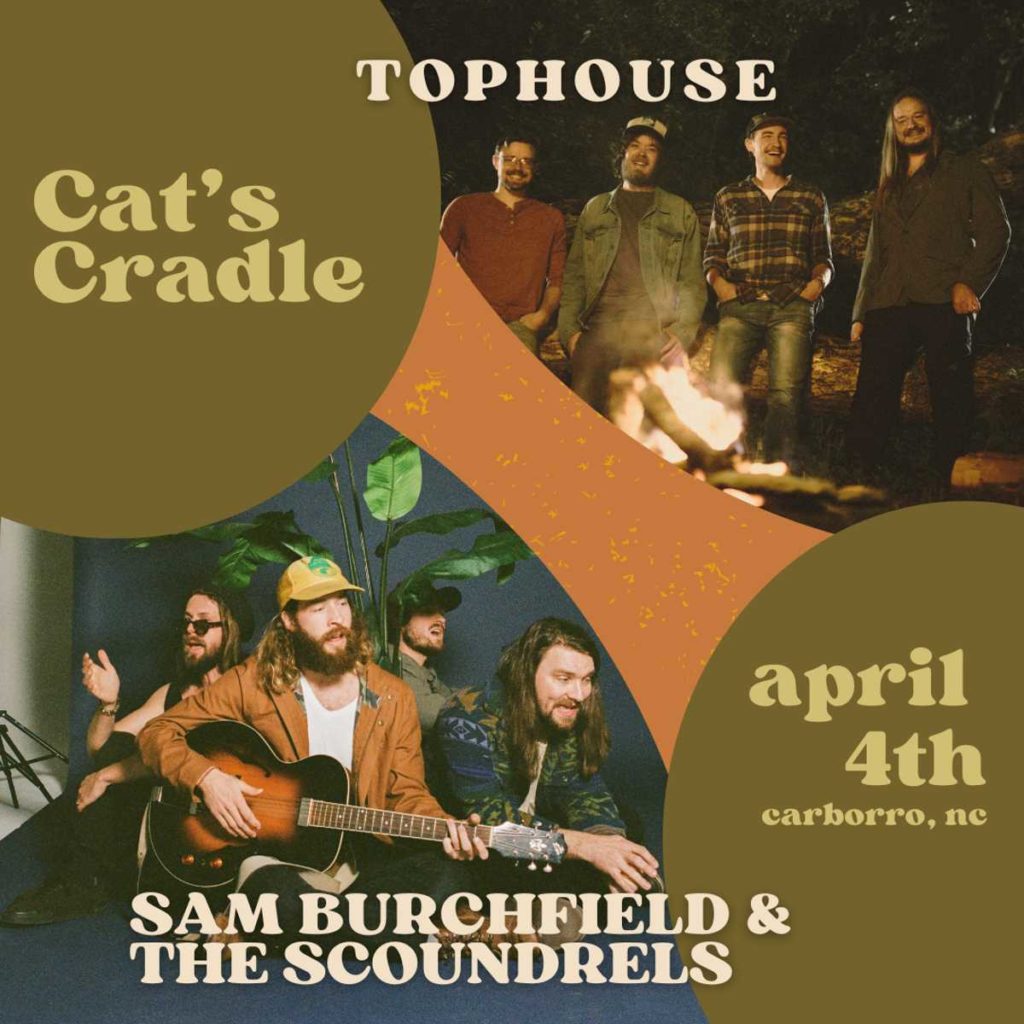
Sam Burchfield & The Scoundrels Website | Instagram | Facebook | YouTubeTophouse Website | Instagram | TikTok | Facebook | YouTube | Spotify
We The Kings

Website | Spotify | YouTube
School of Rock Chapel Hill’s End of Season Showcase
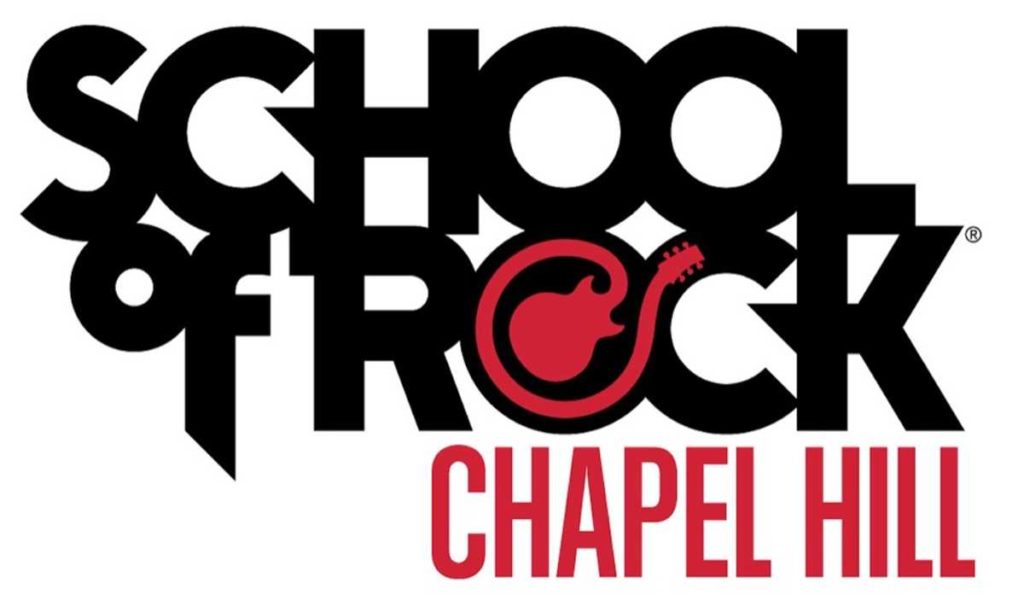
Free Show / $10 Suggested Donation12:00 – Best of The Band & The Last Waltz 1:00 – Best of Earth Wind And Fire vs. War 1:45 – Buffer 2:00 – Best of Taylor Swift 3:00 – Best of Sting & The Police 4:00 – Best of Steely Dan 5:00 – Buffer 5:15 – Best of Iron Maiden 6:15 – Led Zeppelin’s “Presence” Website | Instagram | Twitter | Facebook

